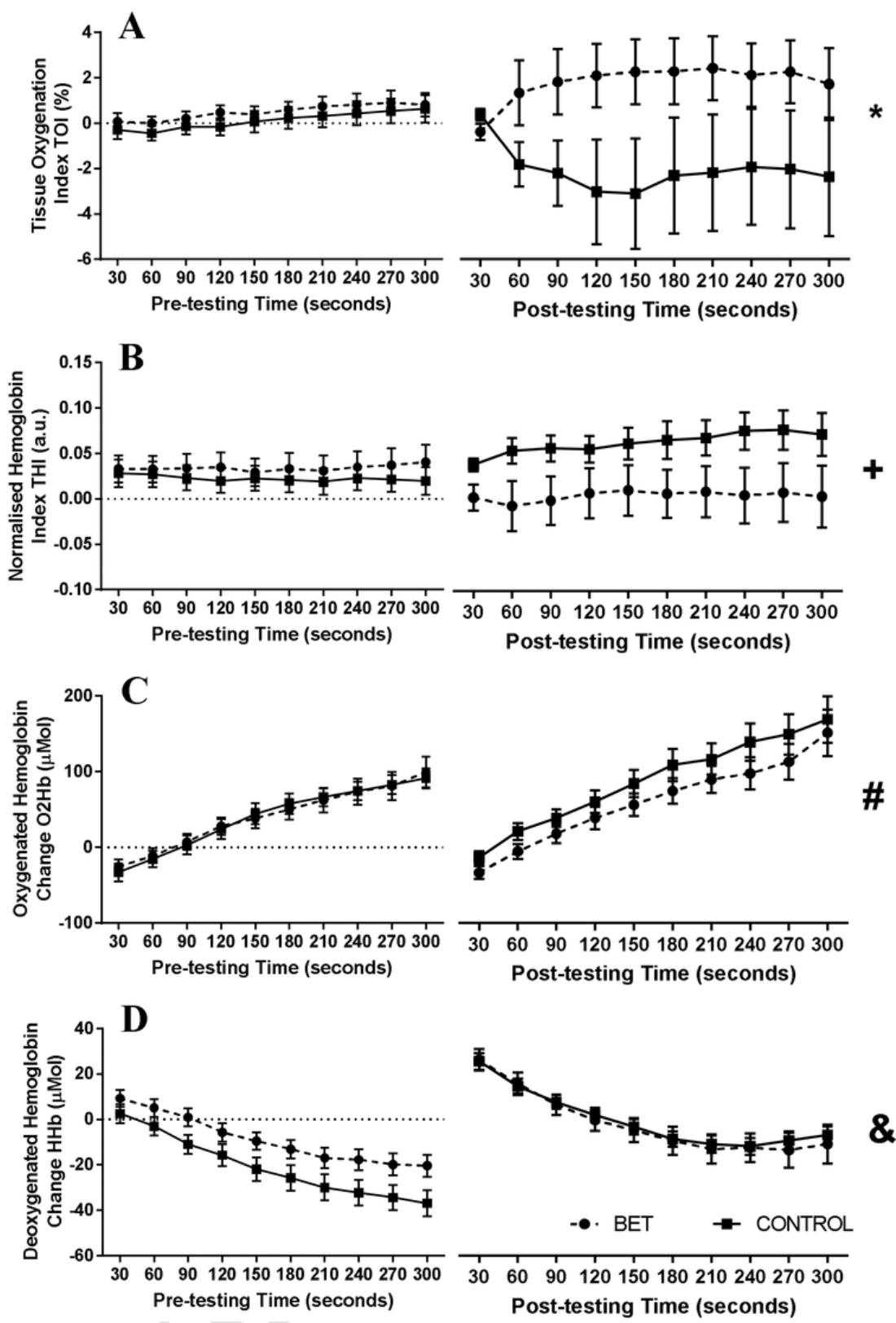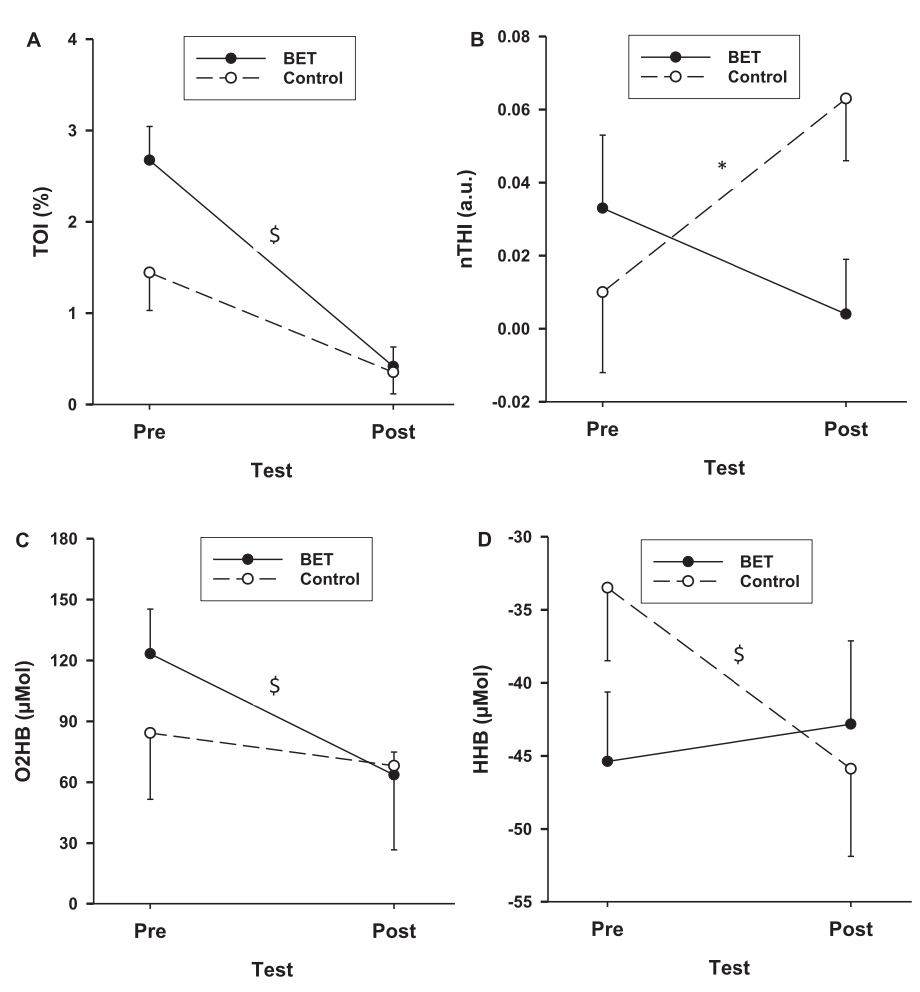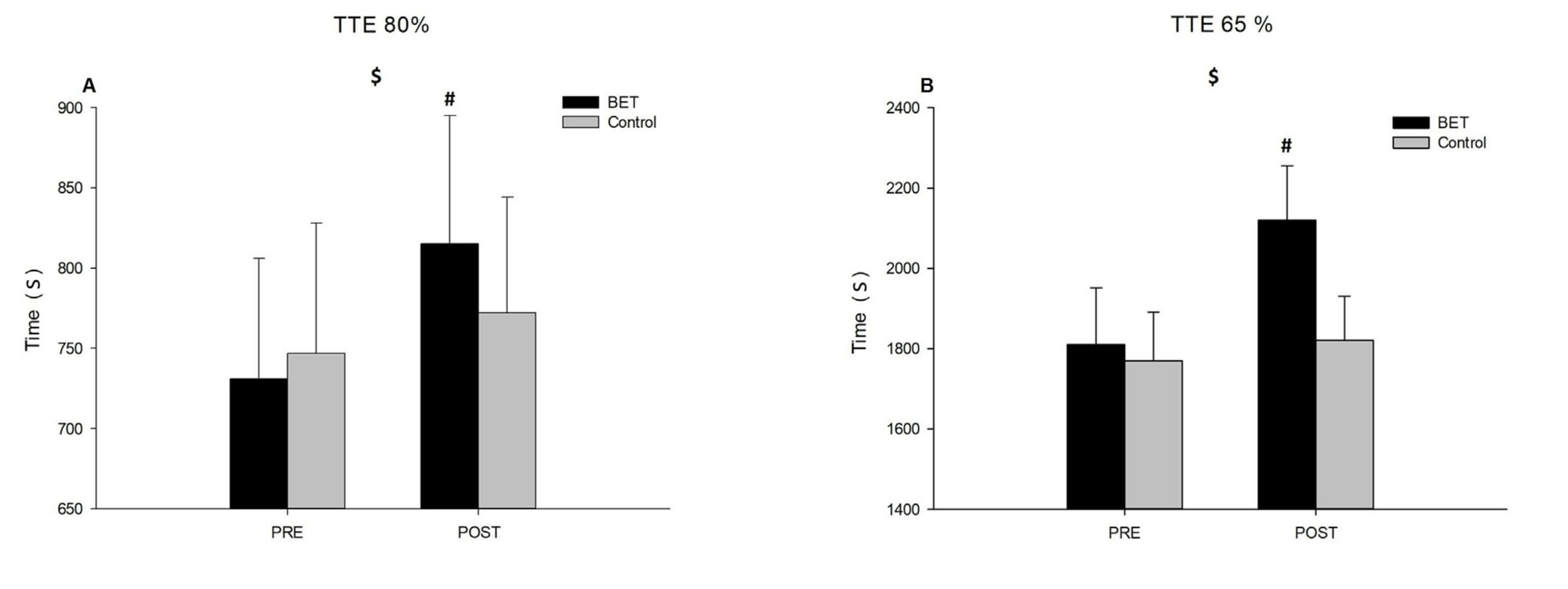Understanding BET: It's Not About Task Mastery, It's About Capacity Expansion
BET's core principle revolves around using cognitive stress as a catalyst for a broad spectrum of physiological adaptations, extending beyond mere task efficiency to encompass increased mental resilience, enhanced decision-making capabilities under fatigue, and overall physical endurance.

The concept of Brain Endurance Training (BET) is emerging as a game-changer for athletes seeking to enhance their cognitive and physical performance. This innovative training approach goes beyond the traditional focus on physical endurance and strength, delving into the cognitive aspects that play a crucial role in athletic success. A common query arises: when athletes improve at cognitive tasks during BET, does this truly translate to enhanced performance in their sport? This question underscores a widespread misconception about the nature and goals of brain endurance training.
Brain endurance training is not merely about getting better at specific cognitive tasks. Instead, it's about expanding an athlete's cognitive and physical capacities, enabling them to perform at higher levels, with less perceived effort, and make better decisions under fatigue. The misconception that improvement in task performance is equivalent to athletic enhancement misses the core objective of BET: to forge athletes who can outlast and outperform their competitors by cultivating a more resilient and capable neural engine.
To understand the real impact of BET, it's crucial to examine the evidence presented in various studies, which highlight the substantial benefits athletes gain from this training method. It's important to note, as we delve into these findings, that across all the discussed research, there is no mention of improving performance on the specific tasks used during training. This omission is intentional and underscores a fundamental principle of BET: the goal is not to enhance task mastery but to improve overall cognitive and physical capacity. Below, we will dissect the findings from these studies, providing a clear view of BET's effectiveness. This analysis will illuminate how BET strategically utilizes cognitive stress, not as an end to achieve task proficiency, but as a means to forge more resilient and capable athletes across a spectrum of physical and cognitive demands.
Concurrent Brain Endurance Training Enhances Endurance Exercise Performance
Participants engaged in BET not only improved their physical endurance by a remarkable 32% but also experienced significant physiological changes, including increased pre-frontal oxygenation. This contrasts with the control group's 12% improvement, highlighting BET's effectiveness in augmenting physical capacity through cognitive stress.

Performance Improvements:
- BET: +32%
- Control Group: +12%
ScienceDirect Study on Endurance Performance
A Randomized Controlled Trial of Brain Endurance Training to Reduce Endurance Exercise Fatigue
This study demonstrated that combining BET with cycling drastically improved time to exhaustion, with the BET group showcasing a 126% improvement compared to the control group's 42%. This illustrates BET's capacity to enhance endurance performance significantly beyond traditional training methods.
Performance Improvements:
- BET: +126%
- Control Group: +42%
ResearchGate Study on Reducing Fatigue
Brain Endurance Training Improves Physical, Cognitive, and Multitasking Performance in Professional Football Players
In professional football, BET not only elevated physical performance but also cognitive and multitasking abilities. The BET group outperformed the control in agility, repeated sprint ability, attention, and cognitive performance, marking a wide-ranging enhancement of athletic capabilities.
Performance Improvements:
- Repeated Sprint Ability: BET +10% vs. Control +3%
- Agility: BET +8.9% vs. Control +4.3%
- Attention: BET +42% vs. Control No Change
- Error Rate: BET -69% vs. Control -21%
- Cognitive Performance: BET +11% vs. Control +4%


Human Kinetics Journals Study on Football Players' Performance
Prior Brain Endurance Training Boosts Endurance Exercise Performance
By introducing cognitive fatigue before physical training, participants saw a 24% improvement in endurance, indicating the unique advantage of cognitive stress in enhancing physical performance. The improvement in prefrontal oxygenation further emphasizes BET's role in optimizing endurance through cognitive pathways.

Performance Improvements:
- BET: +24%
- Control Group: +12%
Taylor & Francis Online Study on Endurance Performance
Brain Endurance Training Enhances Endurance and Cognitive Performance in Road Cyclists
In two independent studies, cyclists subjected to BET achieved notable gains in endurance and performance metrics, including time to exhaustion and distance covered in time trials. These results underscore the direct link between the brain and enhanced physical performance.
Performance Improvements:
- Time to Exhaustion at 80% PPO: BET +11.4% vs. Control +3.4%
- Time to Exhaustion at 65% PPO: BET +17.1% vs. Control +2.8%
- 20-minute Time Trial: BET +550 meters vs. Control +135 meters
- 5-minute Time Trial: BET +60 meters vs. Control +24 meters


ScienceDirect Study on Cyclists' Performance
Combination of Brain and Physical Endurance Training Elevates Exercise Tolerance
This study highlighted the synergistic effect of combining cycling with BET, showing a 176% improvement in exercise tolerance. This significant increase in performance showcases BET's broad applicability and its potential to redefine training paradigms across various athletic disciplines.
Performance Improvements:
- BET: +176%
- Control Group: +86%
Journal of Practical Studies of Biosciences in Sport Study on Exercise Tolerance
Improved Shot Speed and Accuracy in Padel Players Through Brain Endurance Training
Focusing on skill and precision, BET significantly enhanced shot speed and accuracy in padel players under conditions of fatigue. These improvements in performance metrics affirm BET's role in promoting mental fatigue resilience, crucial for success in skill-based sports.
Performance Improvements:
- Volley Shot (VS): BET +24% vs. Control +17%
- Drive Shot (DS): BET +16% vs. Control +12%
- Afterglass Shot (AGS): BET +21% vs. Control +15%
- Bandeja Shot (BS): BET +20% vs. Control +14%
PubMed Study on Padel Players' Performance
Understanding BET: It's Not About Task Mastery, It's About Capacity Expansion
A prevalent misunderstanding about Brain Endurance Training (BET) is the assumption that its sole purpose is to enhance performance in specific cognitive tasks. However, a deeper dive into the research reveals that task performance itself is not the focal point; rather, these tasks serve as mechanisms to induce cognitive fatigue, thereby catalyzing comprehensive adaptations. BET is designed to enhance both physical and cognitive limits. The essence of BET lies not in task mastery but in fostering adaptation to these tasks, which necessitates a nuanced approach to training intensity and task difficulty. Through careful monitoring and data analysis, we can optimize training to ensure maximal benefit, tailoring the cognitive challenges to continually push the athlete's limits and promote extensive physical and cognitive development.
